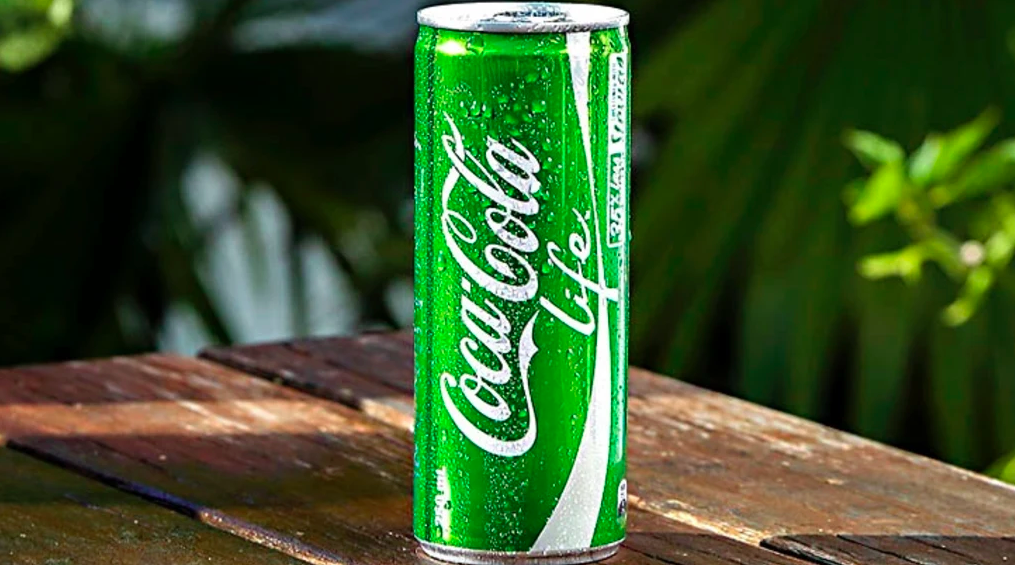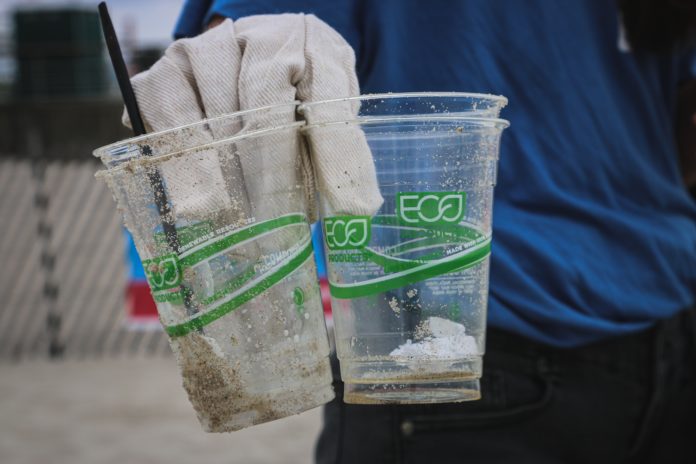What is greenwashing?
Greenwashing, it sounds clean right? It’s actually a dirty business practise where a company spends more time and money marketing themselves as being environmentally friendly than on actually minimising their environmental impact.
Investopedia labels greenwashing as the process of conveying a false impression or providing misleading information about how a company’s products are more environmentally sound. Cambridge Dictionary states that greenwashing is to make people believe that your company is doing more to protect the environment than it really is, in an attempt to make your business seem interested in protecting the natural environment.
As companies realise that today’s consumers have an increased awareness of the environmental impact their purchases may have, some may be tempted to mislead consumers by making environmentally-friendly promises that go unfulfilled. Unfortunately, this misdirection can take market share away from products that offer legitimate benefits while slowing the penetration of real environmental innovation, creating doubt about legitimate environmental claims and continuing the use of toxic ingredients or practices.
Greenwashing is commonly seen through unsubstantiated claims, renaming, repackaging or the use of misleading images to gloss over unethical behaviour. Playing on human psychology, companies have even changed the colour of their company logo to invoke the illusion of environmentally friendly products, opting instead to use natural associated hues such as green, brown or white, as seen in the case of Coca Cola Life.

Are companies going green or are they just selling the idea of green practices while ignoring sustainability?
As of 1 January 2011, The Australian Consumer Law (ACL) states that businesses have an obligation not to mislead or deceive consumers in any way and prohibits false or misleading representations about specific aspects of goods and services. This applies to all forms of marketing, including claims on packaging, labelling, advertising and promotion across all mediums such as print, TV, radio and online.
A brand that is truly ethical will have accessible and detailed information on their practices which may include information on workers’ rights, factory equipment and the environmental impact of components used in the product and manufacturing processes.
For a consumer, it may be a red flag if a business has no supporting evidence to back up their claims if there is a lack of transparency, or the brand uses ambiguous terms that falsely represent the standard or quality of their goods. Other identified industry greenwashing tactics may include:
- The Hidden Trade-Off – Over-exaggerating the benefits of a product based on a single environmental attribute or a narrow set of criteria while ignoring the overall negative impact of the product. This is used to paint a greener picture of a product which a closer analysis wouldn’t support.
- No Proof – The environmental claim of the product is not backed by either factual evidence, easily accessible supporting information or certifications. It’s commonly seen that companies even create false certifications or labels which ultimately mislead consumers.
- “Green” Projects – This may give an illusion of a company’s compliance however is often based on a PR move with the sole purpose of amending a company’s reputation to cover acts of environmental degradation. An example of this is an oil company conducting an ocean clean-up project to supposedly protect the environment, mostly completed after an oil spill.
Why do companies partake in greenwashing?
With a shift in consumer spend on products they believe to be sustainable, companies may be attempting to capitalise on this growing demand. Having products that claim to be more natural, healthier, free of chemicals or recyclable may even help a business generate positive public relations and boost their brand image.
There is also growing pressure for businesses to adopt environmentally friendly practices and convince consumers they care about the same things. CHOICE reported results from a survey published in the ‘Journal of Marketing Management’ which suggested that consumers might be motivated to buy products if they believe their purchase will contribute to reducing injustice, indicating that ethical marketing can influence purchase decisions.
If consumers don’t think a brand is ethical or sustainable, they’re likely to switch. The 2018 Ethical Consumers Markets Report shows that over a quarter of British respondents surveyed stated that they had avoided buying a product or using a service due to its negative environmental impact in the past year, an increase of 65% since 2016.
Check out this example of greenwashing:
Well-known bottled water brand, Fiji Water, deceptively marketed themselves as being carbon-negative since 2008 after earlier disclosing they had produced 85,396 tons of CO2 and other greenhouse gases in 2007.
Fiji Water used ‘standard offset credit’ to purchase a tradeable certificate; this gives the purchaser the right to emit one ton of carbon dioxide and use ‘forward credit’ to essentially give themselves credit for carbon reductions that haven’t happened yet. However, the offsets necessary to make it carbon-negative would not be realised until 2037.
Fiji Water’s advertisements also demonstrated a hidden trade-off by claiming their products “reduce carbon emissions and protect Fijian rainforests” however they’re deceptively omitting the effects of producing bottled water on the environment such as the use of non-renewable resources and single-use plastic pollution.
Fiji Water’s website now makes claims they “invest in sustainability, the environment and local communities, while focusing on meaningful issues with like-minded partners to enable positive change.”
Here’s how to practice good green marketing
Using honesty, transparency and science in good green marketing are important to encourage environmentally conscious purchases and decisions.
True green marketing will help consumers learn more, understand and confirm the scientific case behind each green marketing claim. Businesses can do this by educating consumers about their values and explain the features and benefits in simple terms that consumers can understand.
Businesses should not let one positive aspect allow them to overlook or overshadow the bigger picture. Consumers have the power to see through the greenwashing and are increasingly using their power on social media to call out brands. Consumers will continue to pressure businesses to adapt their products to more sustainable options while simultaneously changing their own habits and behaviours to use their spending as an expression of their environmental commitment.









